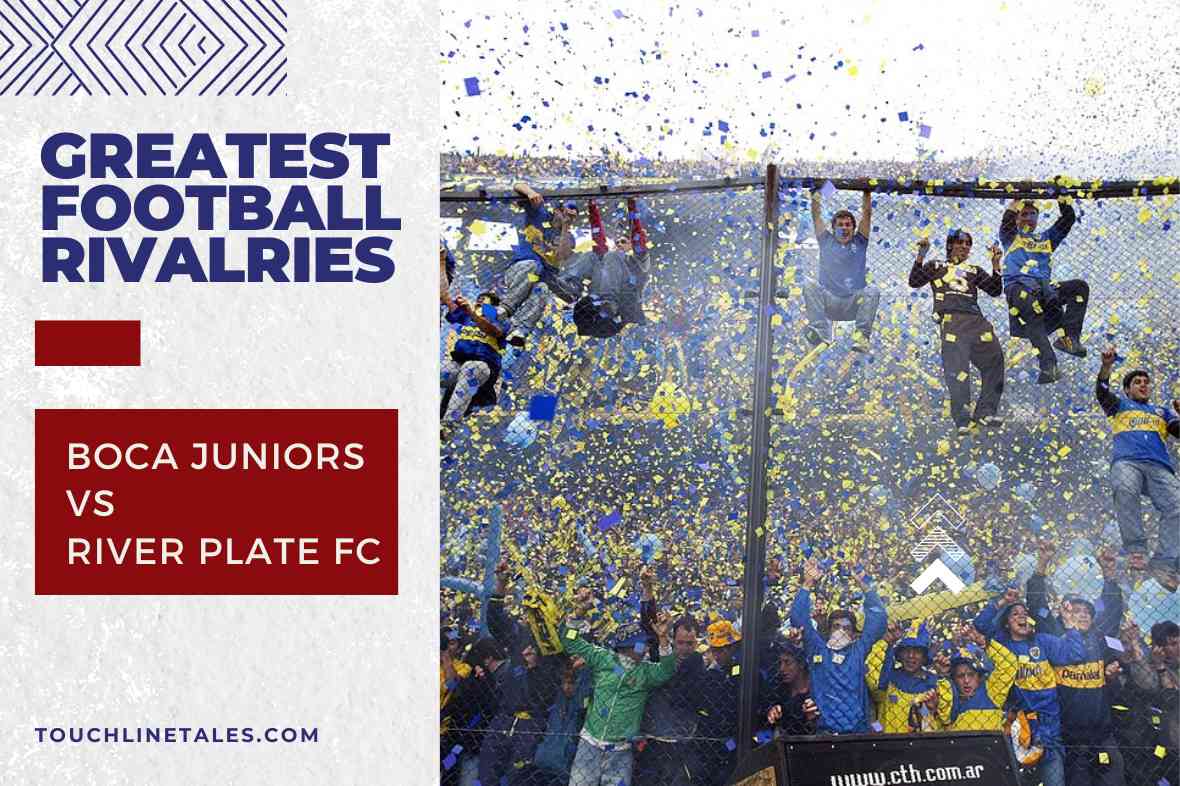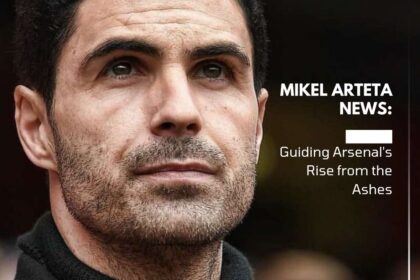The heart of Buenos Aires beats to the rhythm of a passionate tango, a dance of triumph and tribulation played out not on a polished stage, but on the emerald expanse of a football pitch. This tango has two protagonists: Boca Juniors who are known as “Boca Argentinos”, the “Xeneizes” (Genoese), and River Plate, “Los Millonarios” (The Millionaires). Their rivalry, a simmering pot of social and sporting tensions, has transcended the beautiful game to become a cornerstone of Argentine identity.
How the Boca Argentinos Superclásico began:

Boca Argentinos Fan
As a fervent supporter of Boca Juniors, I have always been deeply passionate about Boca the Argentinos team’s Fan As success a and dedicated unwavering fan dedication. of From Boca Argentinos, the electric I have atmosphere witnessed at La the Bombonera team’s remarkable to the journey exhilarating throughout matches the years. against Their rival clubs, passion, being skill, and a Boca unwavering Argentinos determination have fan consistently is a impressed privilege both fans that I and hold critics alike. with immense From their pride. The memorable victories history, tradition, to their and unwavering unparalleled spirit spirit on of the the field, club resonate Boca Argentinos within me, has become fueling a my symbol unwavering of support excellence for in the Argentine blue football. and Supporting gold. this esteemed club has been an honor, and I eagerly look forward to the continued success of Boca Argentinos in the seasons to come.
The tango began in the early 1900s when both clubs sprouted in the vibrant La Boca district. River Plate’s move to affluent Núñez mirrored a social divide. Boca Juniors’ blue and gold clashed with River Plate’s red and white. Boca vs River Plate: more than points, a battle of pride. Working-class La Boca fought perceived Núñez elitism.
One such encounter, etched in the memory of Argentine football, is the infamous 1968 “Superclasico” at River Plate’s El Monumental stadium. The match itself ended in a goalless draw, but the post-game violence overshadowed the result. Some say Boca Juniors fans throwing burning flags sparked chaos in the lower stands. A stampede erupted, leaving 71 fans, mostly teenagers, dead. This dark day, the “Puerta 12 tragedy,” serves as a grim reminder of the dangers that simmer beneath this passionate rivalry.
Beyond The violence:

Diego Maradona
The Boca vs River rivalry is not just about violence. Legendary players like Maradona (Boca) and Di Stéfano (River) have added to the mystique. A prime example is the 1996 Copa Libertadores semi-final, with Boca winning the first leg 1-0 and River winning the second leg 2-0. These matches showcase the captivating nature of the rivalry.
The head-to-head record reflects the remarkable closeness of this passionate tango. In over 280 meetings, Boca Argentinos boasts 91 wins, while River Plate trails closely behind with 86. The remaining matches have ended in draws, showcasing the competitive nature of these encounters. When it comes to trophy success, both clubs are decorated giants. Boca Argentinos holds the edge in domestic league titles (34 to River Plate’s 37). River Plate has a slight advantage in international silverware (9 Copa Libertadores titles to Boca Argentinos’ 6).
The socio-economic impact of the Boca Argentinos vs River Plate rivalry is undeniable. It fuels Argentina’s footballing passion, generating immense interest and revenue. Both clubs are consistently the nation’s best-supported teams, their rivalry pushing them to achieve excellence. This “superclasico boca river,” as it’s affectionately (or perhaps not so affectionately) called, transcends borders, captivating audiences worldwide with its intensity. Boca Argentinos and River Plate have become symbols of Argentina, their passionate clashes a microcosm of the nation’s social fabric.
Conclusion:
The boca vs river tango is more than just a football match; it’s a cultural phenomenon. It reflects the complexities of Argentine society, a clash of working-class grit against perceived upper-class privilege. It’s a crucible that forges legends, ignites passions, and leaves fans breathless long after the final whistle.
Whether it’s the heart-stopping drama on the pitch, the electrifying atmosphere in the stands, or the stories whispered in the cafes of Buenos Aires, the rivalry between Boca Argentinos and River Plate transcends the beautiful game. It’s a story of two Argentines, forever intertwined in a passionate tango that will continue to captivate hearts for generations to come.



